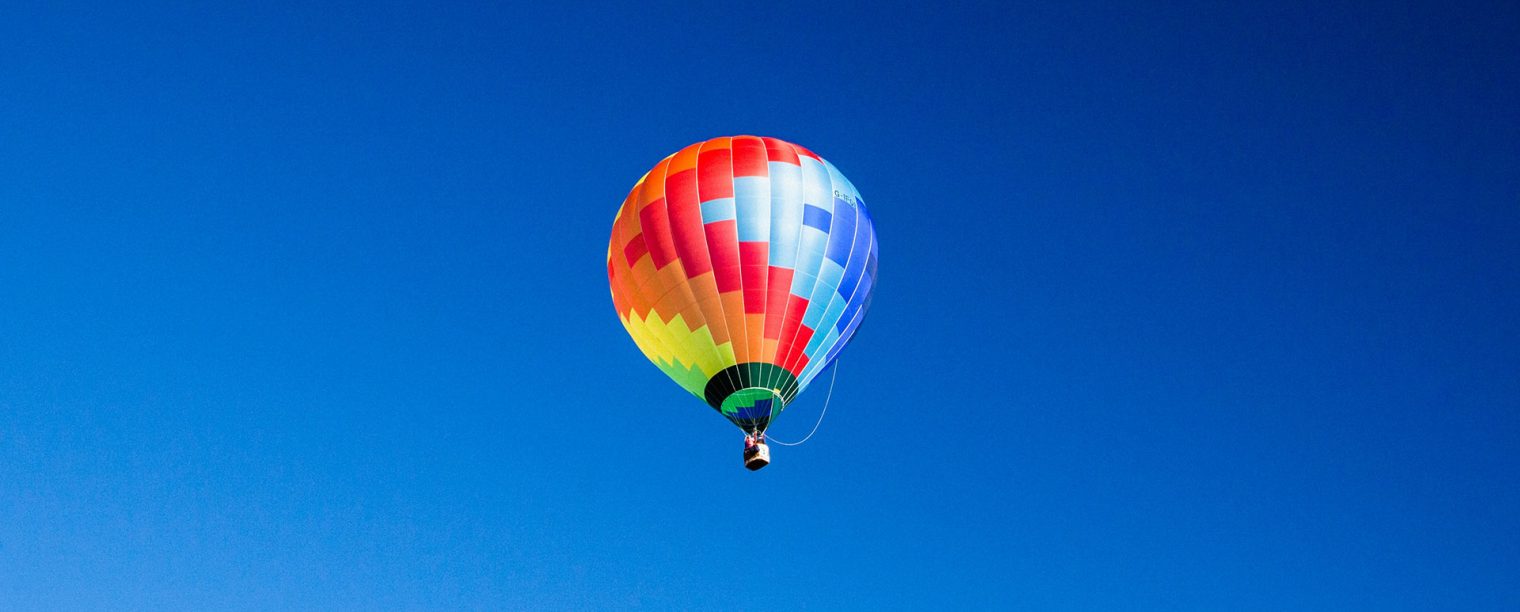
Facebook We shouldn’t become the gatekeeper of truth on candidate ads
Anyone who Believes Facebook should Pick which Asserts by These calls is for Facebook to create these calls.
Our approach is consistent with companies like YouTube and Twitter. And broadcasters are required by national law to not censor candidate advertisements.
In fact, the ad that touched off this debate conducted nearly 1,000 times on local TV channels in Iowa, New Hampshire, Nevada and South Carolina.
So if people have a Issue with Facebook’s coverage, they
Highly scrutinized; it is a good thing. But for it to take place, the people and the news media have to watch it. In fact, if Facebook became the gatekeeper of truth, the very first people to complain would be those who are complaining today — for good reason.
Our policies don’t imply that politicians could say anything They need. They can’t spread misinformation about where, when or how to vote, as an example, or articles which dangers impending harm or incites violence.
In other words, contrary to a lot of this criticism, it’s not anything goes.
Perhaps most seriously, some state Facebook is allowing Its stage to be overtaken by the kind of misinformation efforts we remember from 2016. We disagree. Foreign interference and fake accounts are an intrusion into the electoral process that we’ve been aggressively fighting for three years. Another is content created by political judges, that must put their name on everything they say.
We realize not everyone agrees with our choice, and we Welcome that argument.
Katie Harbath is Facebook’s public policy director, global elections. Nell McCarthy is your organization’s manager of policy management. If you can’t find this reader poll, please refresh your webpage.
Anyone who Believes Facebook should Pick which Asserts by These calls is for Facebook to create these calls.
Our approach is consistent with companies like YouTube and Twitter. And broadcasters are required by national law to not censor candidate advertisements.
In fact, the ad that touched off this debate conducted nearly 1,000 times on local TV channels in Iowa, New Hampshire, Nevada and South Carolina.
So if people have a Issue with Facebook’s coverage, they
Highly scrutinized; it is a good thing. But for it to take place, the people and the news media have to watch it. In fact, if Facebook became the gatekeeper of truth, the very first people to complain would be those who are complaining today — for good reason.
Our policies don’t imply that politicians could say anything They need. They can’t spread misinformation about where, when or how to vote, as an example, or articles which dangers impending harm or incites violence.
In other words, contrary to a lot of this criticism, it’s not anything goes.
Perhaps most seriously, some state Facebook is allowing Its stage to be overtaken by the kind of misinformation efforts we remember from 2016. We disagree. Foreign interference and fake accounts are an intrusion into the electoral process that we’ve been aggressively fighting for three years. Another is content created by political judges, that must put their name on everything they say.
We realize not everyone agrees with our choice, and we Welcome that argument.
Katie Harbath is Facebook’s public policy director, global elections. Nell McCarthy is your organization’s manager of policy management. If you can’t find this reader poll, please refresh your webpage.
Anyone who Believes Facebook should Pick which Asserts by These calls is for Facebook to create these calls.
Our approach is consistent with companies like YouTube and Twitter. And broadcasters are required by national law to not censor candidate advertisements.
In fact, the ad that touched off this debate conducted nearly 1,000 times on local TV channels in Iowa, New Hampshire, Nevada and South Carolina.
So if people have a Issue with Facebook’s coverage, they
Highly scrutinized; it is a good thing. But for it to take place, the people and the news media have to watch it. In fact, if Facebook became the gatekeeper of truth, the very first people to complain would be those who are complaining today — for good reason.
Our policies don’t imply that politicians could say anything They need. They can’t spread misinformation about where, when or how to vote, as an example, or articles which dangers impending harm or incites violence.
In other words, contrary to a lot of this criticism, it’s not anything goes.
Perhaps most seriously, some state Facebook is allowing Its stage to be overtaken by the kind of misinformation efforts we remember from 2016. We disagree. Foreign interference and fake accounts are an intrusion into the electoral process that we’ve been aggressively fighting for three years. Another is content created by political judges, that must put their name on everything they say.
We realize not everyone agrees with our choice, and we Welcome that argument.
Katie Harbath is Facebook’s public policy director, global elections. Nell McCarthy is your organization’s manager of policy management. If you can’t find this reader poll, please refresh your webpage.



